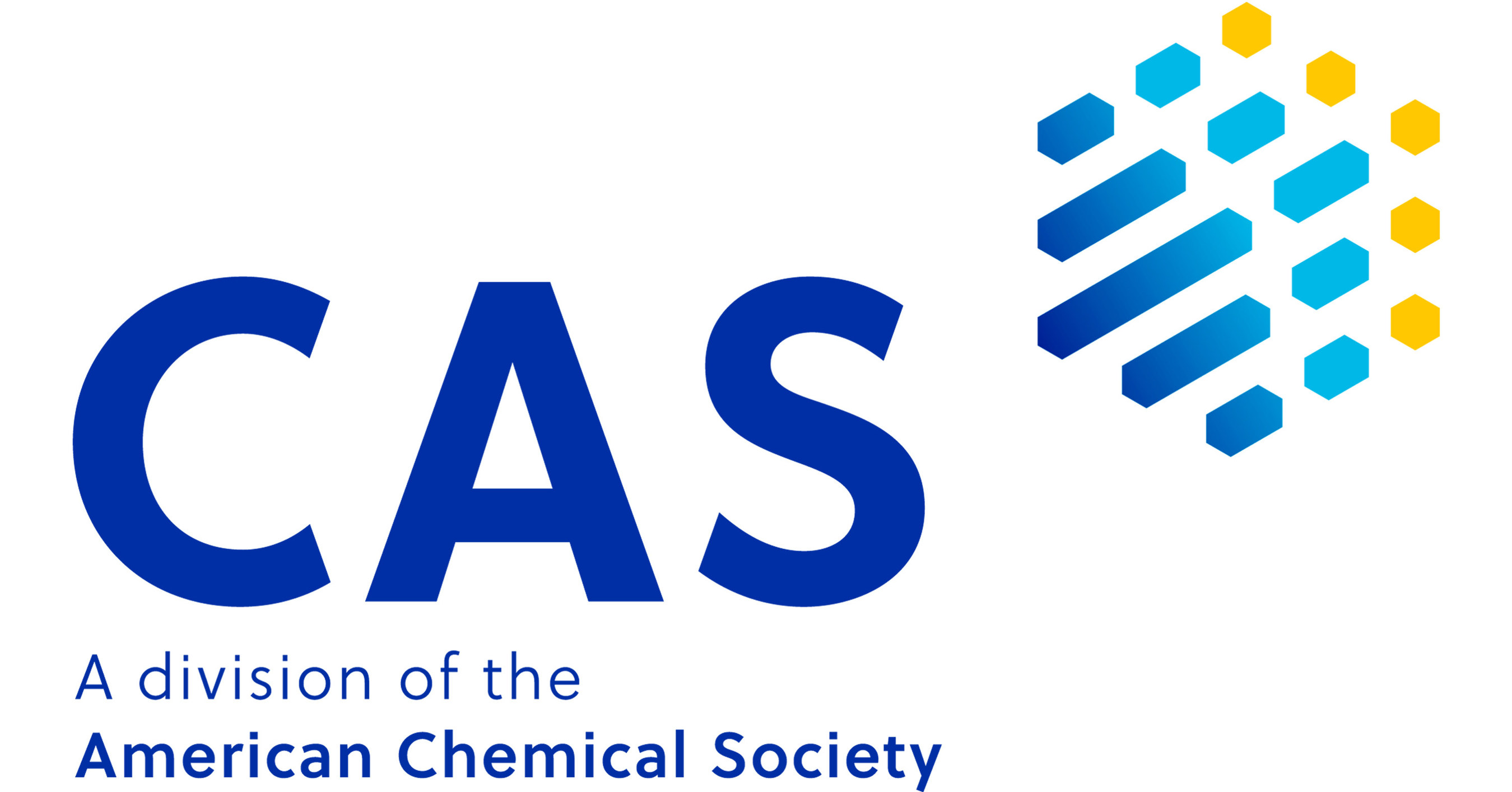By Promit Mukherjee
OTTAWA (Reuters) - The Bank of Canada is likely to pause its rate-cutting cycle this week as rising inflation, weakened employment and U.S. President Donald Trump's retreat from sweeping reciprocal tariffs have reduced the urgency of economic stimulus.
Odds for a pause in interest rates were around 58% as of Friday, currency swap market bets showed, a sharp reversal from Wednesday when markets were heavily leaning toward a reduction in interest rates by the BoC next week.
Market bets and economists' expectations between a cut and a pause have changed course several times in the last few weeks as Trump has seesawed between imposing and withdrawing tariffs.
This has made predictions for the path of the economy and consequently monetary policy very uncertain, economists said, as interviews with them revealed that many are vacillating between a cut and a pause.
"They (BoC) want to retain some kind of dry powder, some ammunition," said Tony Stillo, director at forecasting and analysis group Oxford Economics, referring to the aid the economy would need if it enters a recession.
"If they cut, it would be some kind of added insurance," he said, adding that he expects a pause by the bank.
The central bank has reduced its key borrowing cost by 225 basis points in the last 10 months to 2.75%, bringing the interest rate to the midpoint of its neutral range, a band within which rates are just enough to not restrict or stimulate economic growth.
If the bank pauses on rate cuts, it will be the first time since June, after what has been the most aggressive rate reduction cycle amongst all major central banks.
BoC Governor Tiff Macklem will announce the governing council's decision at 9:45 a.m. ET (1345 GMT) on Wednesday. The bank will also release its quarterly monetary policy report.
The bank has said that this will be the first time since the pandemic that it would not give a single forecast for the economy, but would offer a range of predictions owing to the difficulty in determining a set path for growth.
Trump's move to slap and then pause tariffs and the likelihood of an all-out trade war with China have shaken markets and hurt business and consumer spending.
"If this period of uncertainty persists ... a Canada recession that we were calling for in March becomes even more severe," said David Doyle, managing director and head of economics at Macquarie Group.
These pressures could likely push the BoC to cut rates again this week, he said.
A sudden surge in inflation in February, which jumped to an eight-month high of 2.6%, could be making the BoC uneasy on softening interest rates further. A loss of 32,600 jobs in March, a first in three years, has also added fuel to the uncertainty of the rate path.
.png)
 German (DE)
German (DE)  English (US)
English (US)  Spanish (ES)
Spanish (ES)  French (FR)
French (FR)  Hindi (IN)
Hindi (IN)  Italian (IT)
Italian (IT)  Russian (RU)
Russian (RU) 







Comments